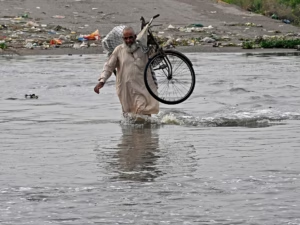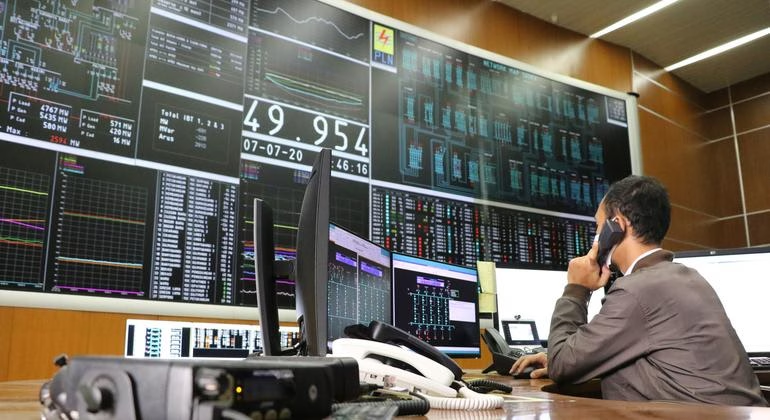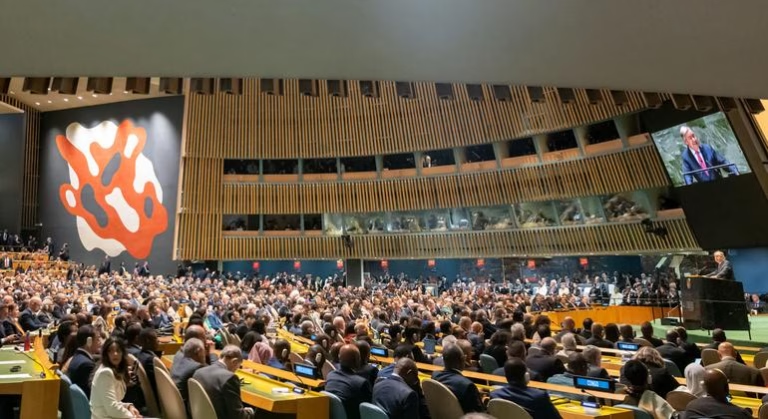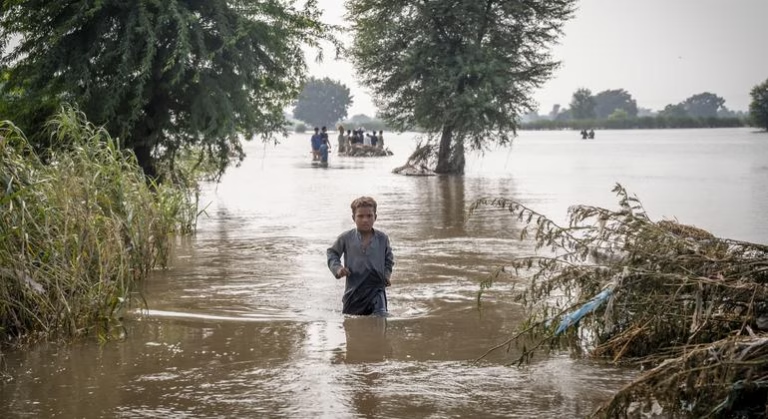Under the auspices of the United Nations, an ambitious project is underway to revitalize and upgrade the electricity grid of Indonesia’s central islands of Java, Madura, and Bali, creating a robust infrastructure to support the fluctuating energy demands posed by renewable sources such as solar and wind power.
Evy Haryadi, Director of Transmission and System Planning at state-owned power company PT Perusahaan Listrik Negara (PLN), explained the significance of the collaboration with international bodies. Through this partnership, the Archipelago now possesses a blueprint for implementing a smart grid system, an essential step towards decoupling Indonesia’s energy sector from carbon-intensive sources.
Accompanying this grid modernization is a comprehensive effort by several UN agencies. The United Nations Development Programme (UNDP) is extending renewable energy solutions to off-grid islands, while the International Labour Organization (ILO) is fortifying the nation’s capacity to foster green job industries through sustainable energy education and training.
Gita Sabharwal, the United Nations Resident Coordinator for Indonesia, underlines that the organization’s cooperation with the government is solidly anchored to the Sustainable Development Goals (SDGs), wherein the UN provides swift technical solutions and expertise to expedite Indonesia’s objectives in adopting renewable energy sources.
The Electricity Supply Business Plan for 2025 to 2034 envisions sizable investments in renewable power, project specification, and the extension of energy storage, thus signaling a strategic pivot towards an energy landscape that reduces reliance on fossil fuels, overcoming challenges tied to variable energy contributions from renewables such as solar and wind.
The JAMALI control center, crucial to the smart grid’s operation, will harness renewable energy forecasting and state-of-the-art grid analysis to adapt to the dynamic energy condition in real-time, storing excesses and ensuring the reliability and stability of electricity supply.
UNOPS, entrusted with the project management, is orchestrating the transformation not only by providing a detailed design for the JAMALI Main Control Center, but also by overseeing construction progress, ensuring that the implementation meets the established design specifications.
As progress unfolds, the initiative is set to be replicated to modernize other island grids, serving as a regional benchmark for energy transition. The Southeast Asia Energy Transition Partnership (ETP) administers the project towards the realization of Indonesian energy sector commitments under the Paris Agreement and SDGs.
The venture stands as a testament to the UN’s role in supporting middle-income countries, exemplifying a collaborative endeavor to guarantee energy security by leveraging critical technical expertise and championing a hastened green energy transition in Indonesia.
Source: https://news.un.org/feed/view/en/story/2025/06/1164576







